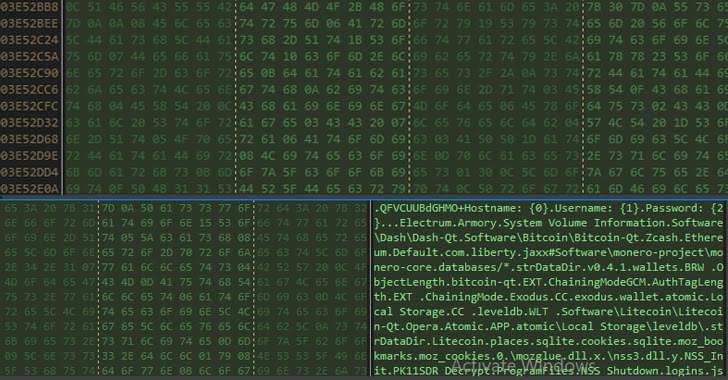Making predictions is never easy, but it is agreed that cryptography will be altered by the advent of quantum computers.
Thirteen, 53, and 433. That’s the size of quantum computers.
Hh5800/iStock.
In fact, the problems used for cryptography are so complex for our present algorithms and computers that the information exchange remains secure for any practical purposes – solving the problem and then hacking the protocol would take a ridiculous number of years. The most paradigmatic example of this approach is the RSA protocol (for its inventors Ron Rivest, Adi Shamir, and Leonard Adleman), which today secures our information transmissions.




 עברית (Hebrew)
עברית (Hebrew)

